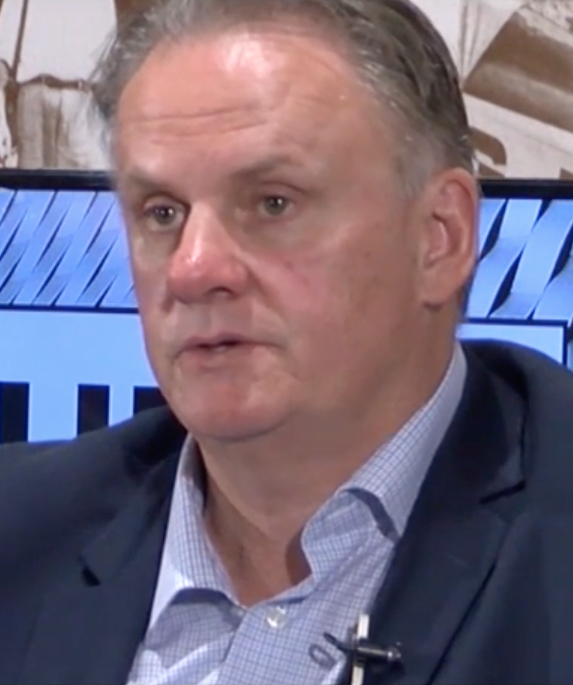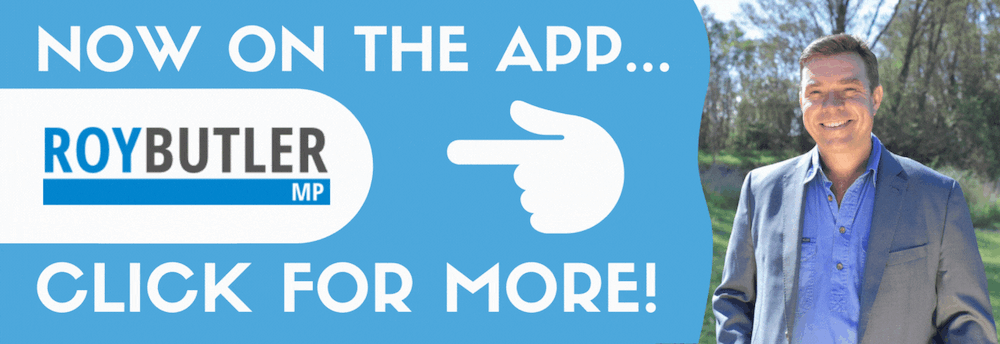Controversial teacher shortage inquiry re-opened
Luke Williams
22 January 2023, 8:40 PM
 Picture: Unions NSW.
Picture: Unions NSW. The NSW parliamentary inquiry into teacher shortages has been extended by the same parties who said the inquiry had got it “catastrophically wrong”.
The committee, chaired by One Nation MP Mark Latham, released its 'Great teachers, Great schools: Lifting the Status of Teaching, Teacher quality and Teacher numbers in New South Wales' report in November amid a barrage of criticism - including from those directly involved.
Upon releasing the report, Latham asserted that "New South Wales is paying a hefty price for a schools industrial system that protects under-performing teachers and puffs up generous working conditions at the expense of professional excellence."
'This report identifies the critical need to lift the status of teaching as a way of attracting more high-quality teachers to the profession, and ultimately raise academic standards in NSW schools,” Mr Latham said.
Other members of the Inquiry committee, Labor MPs Courtney Houssos and Anthony D'Adam said the report had got it "catastrophically wrong" and the NSW Government described the report as a missed opportunity.
The November report does not mention any issues pertaining specifically to rural and regional areas where teacher shortages hit hardest. Indeed, schools in Brewarrina and Walgett have some of the highest rates of teacher vacancies in NSW.
A government spokesperson told the Western Plains App that “It is worth pointing out” that “the One Nation-led review chose not to hold a single public hearing outside of metropolitan Sydney”.
The committee's report contained just one recommendation specifically for rural and regional teachers: “to prioritise implementation” of an existing Government promise to incentivise people from rural and regional areas to become teachers.
Now the inquiry has been re-opened and a new report will be written, however there is unlikely to be further opportunity for regional communities to have a voice.
The extension of the inquiry has shifted the terms of reference from looking at the issue of teacher shortages to specifically examine the efficacy of Government policy in the area.

ABOVE: Mark Latham. Picture: Wikipedia.
Abuse of process or a chance for improvement?
The unusual move to re-open the inquiry and write a new report in less than a month without any further hearings or public submissions came from a push by the ALP and Greens whose MPs make up three of the eight seats of the inquiry committee.
Greens MP and committee member Abigail Boyd, who authored a dissenting report, told the Western Plains App they hoped the extension would result in a “more useful policy formulation” and a “less divisive and politicised” approach.
“The overwhelming, incontrovertible evidence heard by the Committee in the last round of inquiries was that teachers are overworked and underpaid. Teachers and school staff simultaneously don’t receive adequate support and resourcing, while also being subjected to increasingly onerous reporting requirements and adversarial scrutiny,” Ms Boyd told the Western Plains App.
Through its commissioned survey of 8600 teachers the Committee found that almost 60 per cent of existing teachers plan to leave the profession with five years.
“The evidence heard by the committee in the previous round of inquiry showed that the regions are some of the hardest hit when it comes to attracting and retaining teachers," Ms Boyd said.
A NSW Government spokesperson said the more sensible approach would be to wait for when it will responds to the main report – which it is required to do by next month - before initiating further inquiry.
NSW Education Minister Sarah Mitchell told the Western Plains App that far from being a less politicised approach, the report was extended before the Government could respond because of the upcoming state election.
“The committee proceeded to deliver a report with recommendations that largely reflected the policy positions of this government. In fact, many have already been implemented or delivered” Minister Mitchell said.
“Extending this inquiry is a serious misuse of parliamentary processes".
Abigail Boyd disagrees.
"There have been some small policy announcements made by the government relating to teachers in the regions, and so a continuation of the inquiry will allow the committee to assess the efficacy of these policies” she told the Western Plains App.
The Minister Mitchell's Office advised that in September 2021 the NSW Government announced $15 million in programs to help attract teachers to rural and regional areas.
“Last year we recruited around 8,000 public school teachers into permanent teaching positions – up 40 per cent on the previous year.
"We’ve also slashed 50 hours of administrative burden for existing teachers, making sure they have time for what they do best – teaching” she said.
Shadow Minister for Education Prue Car told the Western Plains App “After 12 years in government, the NSW Liberals and Nationals do not have the ability, ideas or willingness to fix the teacher shortages and worsening education outcomes in NSW."
“Teacher shortages have tripled under the NSW Liberals and Nationals and addressing these serious shortages can’t afford to delayed further," she said.
"NSW Labor has pledged to improve the recruitment and retention of new teachers, including in regional and rural NSW, by creating 10,000 permanent teaching roles, reducing administrative workloads by five hours per week and abolishing the wages cap which prevents teachers from making a case for a fair pay rise."
Mark Latham’s office did not respond to Western Plains App’s requests for comment.




